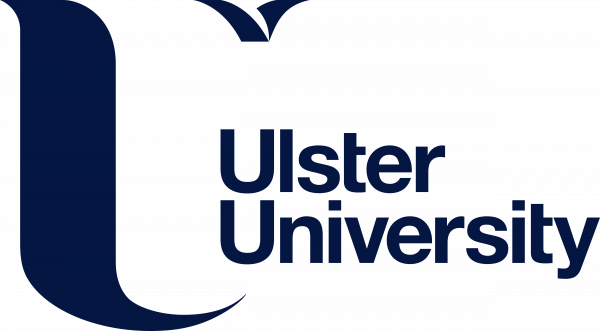Funded PhD Opportunity: The Instruments of Language Policy
Ulster University
United Kingdom
Deadline: Mon, 28 Feb 2022
Contact: m.gazzola@ulster.ac.uk


The project focuses on the comparative study of policy instruments used by governments to manage multilingualism. Policy instruments are defined as the means by which governments attempt to induce individuals and groups to make decisions and take actions compatible with public policy. Policy instruments are often seen as lens through which the phases of policy design and implementation can be studied. In the first place, they orient the process of policy design by informing decision-makers on what is feasible or not. Secondly, studying policy instruments is important to understand the implementation phase of the policy cycle.
Although the study of policy instruments is central in policy studies, very little research has been carried out about policy instrument in language policy and planning (LPP), both in public policy studies and in applied linguistics. As a result, there is no systematic review of policy instruments already used in LPP, their nature, their characteristics, and their respective advantages and disadvantages. This makes more difficult the comparisons of different cases, and this, in turn, hampers the process of mutual learning from experiences already made elsewhere. It is, therefore, necessary to elicit language policy instruments from the literature and language policy laws and plans, as well as to organise them in a systematic way.
Policy instruments are generally organised on the basis of the type of resources mobilised by the government to achieve its goals. A distinction is traditionally made between authoritative, financial, information-based and organisational policy instruments. Although this distinction is certainly relevant in LPP, other dimensions are important too. First, language policy combines substantive and institutional elements. It is not possible for government to avoid language policy, as at least one language must be used for official purposes and in basic social services such as education and health care. Language policy, therefore, cannot be avoided. Secondly, the symbolic value attached to language must be taken into account in addition to its practical functions. Finally, language policy instruments are not the same if the policy aims at influencing the status of a language (status planning) or its corpus (corpus planning). Providing bilingual public services in a minority language that still lacks a stable and widely accepted standard form, for example, is very different from using highly standardised and widespread languages.
A systematic study of LPP instruments, therefore, can open new interdisciplinary avenues in the study of language policy. The project also paves the way to comparative analyses both at the national and international level, thereby contributing to identify best practices, and to promote lesson drawing and policy transfer in public policy. The resulting knowledge can be employed to address contemporary social and political challenges liked to language policy such as (but not restricted to) minority and immigrants’ rights.
The methods of research are interdisciplinary: applications from students in public policy, sociology, sociolinguistics and economics are welcome.
Essential criteria
Applicants should hold, or expect to obtain, a First or Upper Second Class Honours Degree in a subject relevant to the proposed area of study.
We may also consider applications from those who hold equivalent qualifications, for example, a Lower Second Class Honours Degree plus a Master’s Degree with Distinction.
In exceptional circumstances, the University may consider a portfolio of evidence from applicants who have appropriate professional experience which is equivalent to the learning outcomes of an Honours degree in lieu of academic qualifications.











